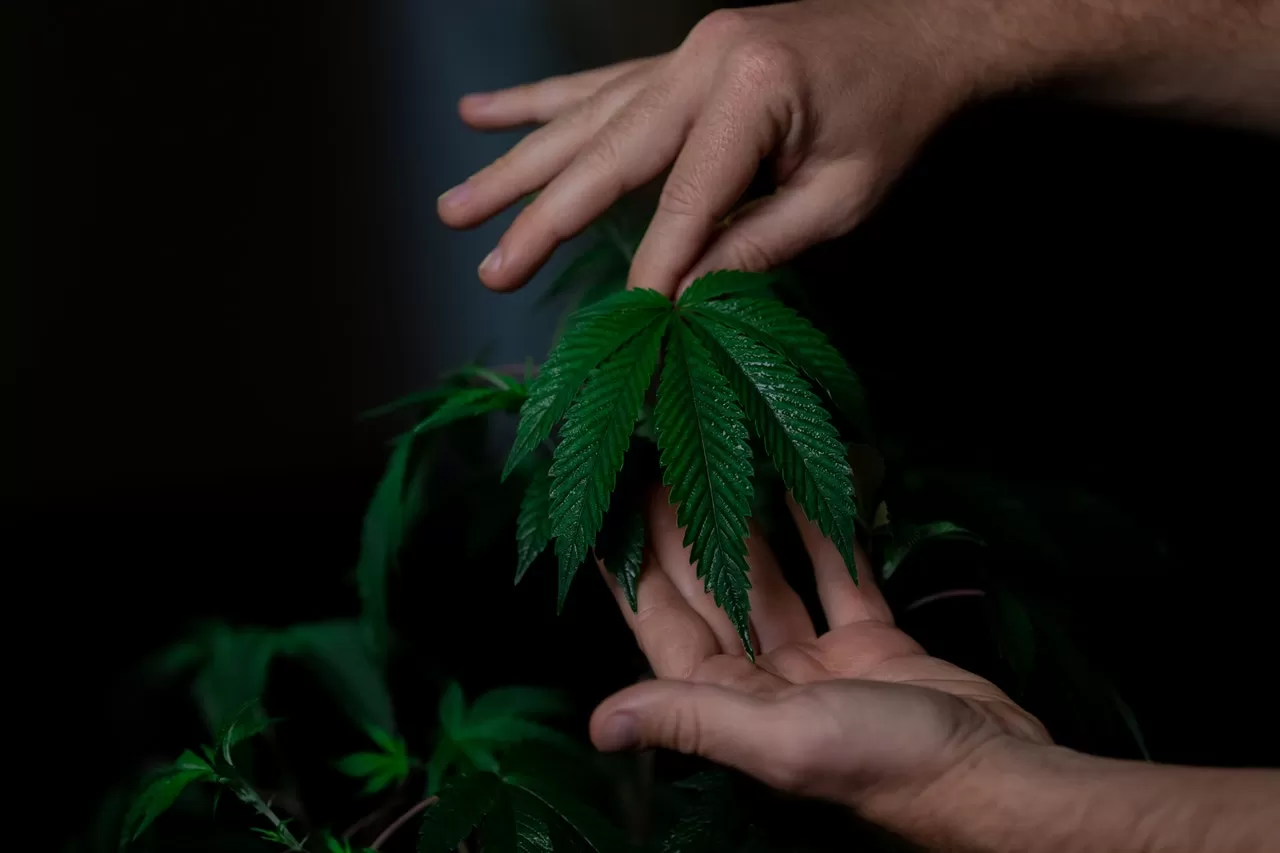Cannabis policy in the United States has undergone significant changes over the decades, from outright prohibition to the current patchwork of legal and regulatory frameworks that vary by state. As more and more states have legalized cannabis for medical and recreational use, there is growing debate about the effectiveness and equity of cannabis policy.
Whether you use CBD for relaxation or buy Delta 9 THC for therapy, the laws that govern cannabis affect you and your community implicitly. In this article, we will explore the history, current state, and potential future of cannabis policy in our country.
Then: History of Cannabis Prohibition
Cannabis has had a long and complicated history in the U.S. Before prohibition, cannabis was widely used for medicinal and recreational purposes, and it was even included in the United States Pharmacopeia until 1942. However, the passage of the Marihuana Tax Act in 1937 effectively criminalized cannabis at the federal level.
This was followed by the Nixon administration’s War on Drugs in the 1970s, which further strengthened federal cannabis prohibition and led to a significant increase in cannabis-related arrests and incarceration. Many critics claim that the criminalization of cannabis was rooted in racism and prejudice against certain communities.
Despite federal prohibition, the 1990s and early 2000s saw a growing movement to legalize cannabis for medical purposes. In 1996, California became the first state to legalize medical cannabis, and many other states followed suit in the years that followed. The 2010s saw a shift towards full legalization of cannabis for recreational purposes, with Colorado and Washington becoming the first states to do so in 2012.
As of 2023, the majority of states in the U.S. have legalized cannabis for medical and/or recreational use. However, federal law still prohibits the use, sale, and possession of cannabis. Despite this, the cannabis industry is thriving in states that have legalized it.
Now: Criticisms of Cannabis Policy
Critics of cannabis policy argue that federal prohibition is outdated and harms both individual liberties and the economy. One of the primary criticisms is the disproportionate impact that cannabis prohibition has had on communities of color. Despite similar rates of cannabis use among different racial and ethnic groups, individuals of color are significantly more likely to be arrested and incarcerated for cannabis-related offenses.
For instance, Black Americans are almost four times more likely to be arrested for cannabis offenses than white Americans. This has been attributed to systemic racism and biased policing practices that disproportionately target communities of color. Furthermore, critics argue that cannabis prohibition has led to increased violence and funding of criminal organizations involved in the illegal drug trade.
Another criticism of U.S. cannabis policy is that the federal government’s classification of cannabis as a Schedule I drug is largely unfounded. Schedule I classification places cannabis in the same category as extremely dangerous drugs like heroin and LSD, despite growing evidence of the medical benefits of cannabis for treating a variety of conditions.
The federal categorization of cannabis has created significant legal and regulatory challenges for the budding cannabis industry, making it difficult to access financial services, conduct research, and operate legally in many states. Hence, advocates argue that rescheduling or descheduling cannabis at the federal level could create a more equitable and sustainable cannabis ecosystem.
Tomorrow: Potential Future of Cannabis Policy
In recent years, there has been a growing body of research into the potential medical benefits of cannabis, particularly for treating chronic pain, nausea, and other conditions. This research has helped to shift public perception of cannabis from a dangerous drug to a therapeutic agent and has contributed to the growing movement toward legalization and reform of cannabis policy in the country.
As more and more states legalize cannabis for medical and/or recreational use, there is hope that this will pave the way towards the federal descheduling of cannabis, allowing for expanded research and help to inform more evidence-based policies and practices.
The current Biden administration has signaled a willingness to support incremental cannabis policy reforms, such as decriminalization and expungement of past cannabis convictions, but has stopped short of endorsing full federal legalization. With nationwide legalization, cannabis industries could generate significant tax revenue and create jobs across the country.
Additionally, legalization could help to reduce the disproportionate impact of cannabis prohibition on communities of color and create opportunities for individuals from these communities to participate in the legal cannabis industry. However, we must ensure that any policy changes prioritize social equity and do not create new inequities.
Looking to the future, it seems likely that cannabis policy will continue to evolve at both state and federal levels. As public opinion continues to shift in favor of legalization and reform, it seems that it will be only a matter of time before we see more significant changes across the board.
For the average consumer, this could mean greater access to legal cannabis products (including more diverse and regulated options), more education about safe and responsible cannabis use, more affordable prices due to increased market competition, and a reduction in the stigma surrounding cannabis use.
In summary, while the history of cannabis policy in the U.S. has been fraught with controversy and misinformation, recent advances in research and shifting public opinion are propelling a more promising outlook. Let us look forward to cannabis legalization and reform.
